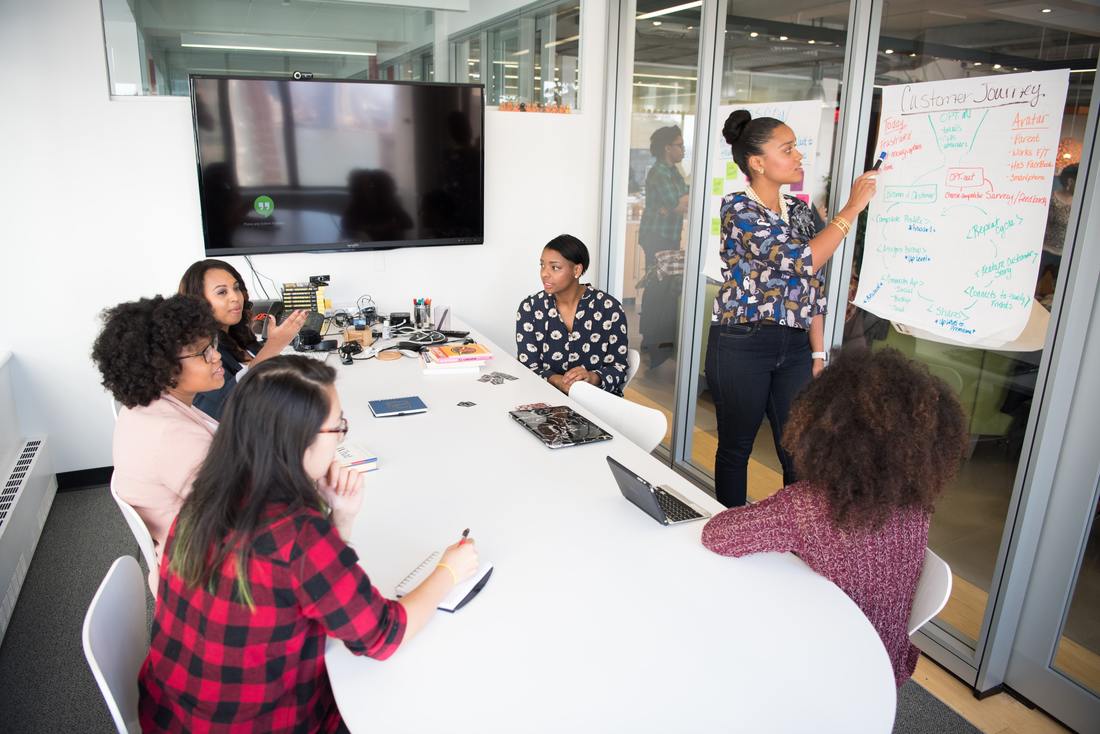Roles & Routes into Accountancy
Access Accountancy exists to ensure that everyone has an equal chance of accessing the accountancy profession based on merit, not background.
What is an accountant?
Organisations of all types, sizes and locations around the world depend on accountants to provide them with financial information and advice about their business success.
Being an accountant is about understanding and communicating detailed financial information to clients and colleagues in an easy to understand way. Accountants are ambitious, talented and determined people who use their skills in the same way as lawyers, engineers or architects to find the best solution for their clients.
Why is accountancy important?
How else does an organization know if they’re making a profit, how much they have spent and how long they can continue in business?
As an accountant, you will be at the very heart of the business. You’ll get to know organisations inside out and will learn about the challenges they face. You’ll be analyzing information, interpreting facts and figures, finding answers and solving problems and making business recommendations. As you progress your career, you’ll learn how to use your knowledge, skills and experience to make decisions that affect the strategy, direction and profitability of organisations in all industry sectors, around the world.
Where could I work?
Where you go with your career depends on what you’re interested in, and the level you want to reach. Accountants are qualified individuals who work in organisations of all different types, sizes and locations – they can work internally in an organisation, or independently for a firm that advises organisations ranging from multi-nationals and global accountancy firms, to local charities and business start-ups. They are finance directors, partners, business analysts and CEO’s for organisations all around the world.
Accountants working for an independent firm of accountants, sometimes known as Professional Services, advise their clients on a range of business. These firms come in all shapes and sizes and some specialise in particular areas which can include the following:
- audit/assurance
- business advisory
- corporate finance
- forensic accounting
- insolvency
- tax
Working in professional services will give you a great insight into how a variety of different businesses work. You will fully support your clients throughout the diverse range of issues, challenges and successes that they face on a regular basis.
Alternatively, you may choose to work in an accountancy or finance role in one of thousands of commercial, financial services, not for profit or charitable organisations. Roles in these organisations will vary depending on the size and type of the organisation, but you will be at the heart of the company. You’ll experience various aspects of financial management and reporting in addition to developing vital knowledge about IT, Marketing, Sales and Operations.
Don’t forget, as an accountant you will be valuable to any organisation. So you will have the opportunity to shape your career to suit your interests and you won’t have to stay in the same place forever. You can move to new locations, work for different businesses, learn new skills and face new challenges throughout your career.
Routes into accountancy?
The first step is to choose your route. The good news is accountancy is flexible and there is more than one route meaning you can choose the journey that is right for you.
Straight from school/college
There are a wide range of school leaver and apprenticeship programmes on offer, which provide an exciting alternative to university. These structured programmes often ask you to study for a qualification at the same time as working for your chosen employer. Employers and tutors support you during your training, ensuring you develop the knowledge you need to pass your exams. What’s more, because you’re in employment it means you get paid a salary too!
Depending on your employer, you may get the opportunity to progress onto a chartered qualification once you have completed your apprenticeship/school leaver programme.
After university
If you would prefer to go to university the good news is that most employers accept graduates from any degree discipline. So, if you would prefer to study archaeology rather than accounting, you’ll still be able to become an accountant once you graduate!
Graduate training programmes typically last three years and often give you the opportunity to study for a professional qualification. If you study an accountancy, finance or business related degree at university, you may be eligible to apply for exemptions towards some exams if you choose to study for a professional qualification once you graduate. More information about the qualifications can be found below.
Strategic degree programmes
There are an increasing number of employer linked degree programmes. These programmes give you the opportunity to go on one or more work placements/internships as part of your degree. Not only do these programmes give you an excellent insight into a career in accountancy, but you’ll gain valuable experience which may help you to secure a graduate role too.
